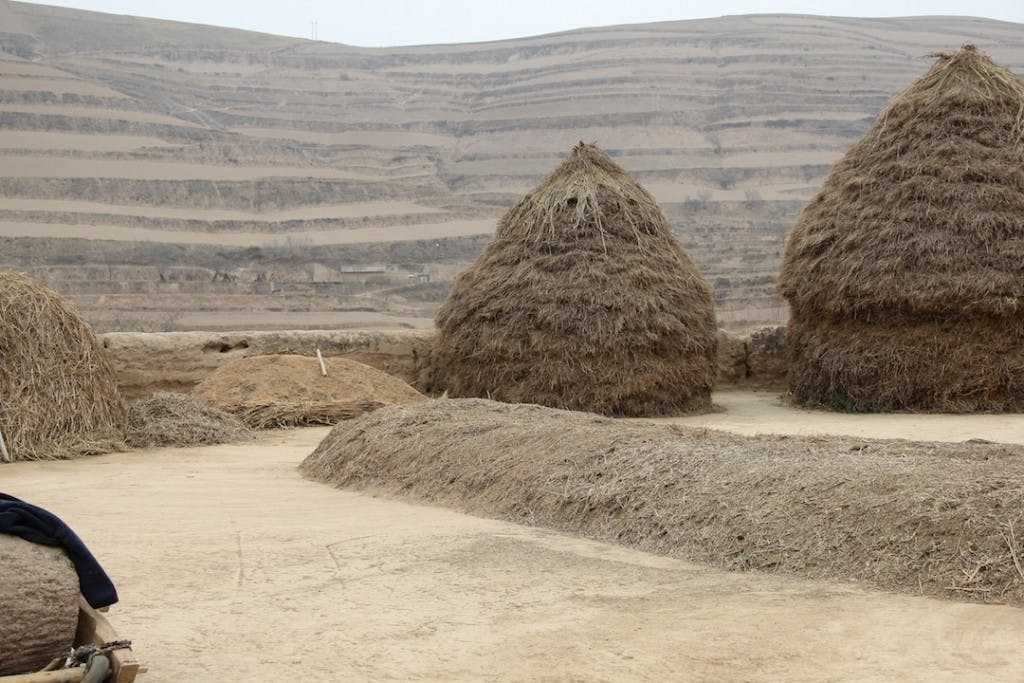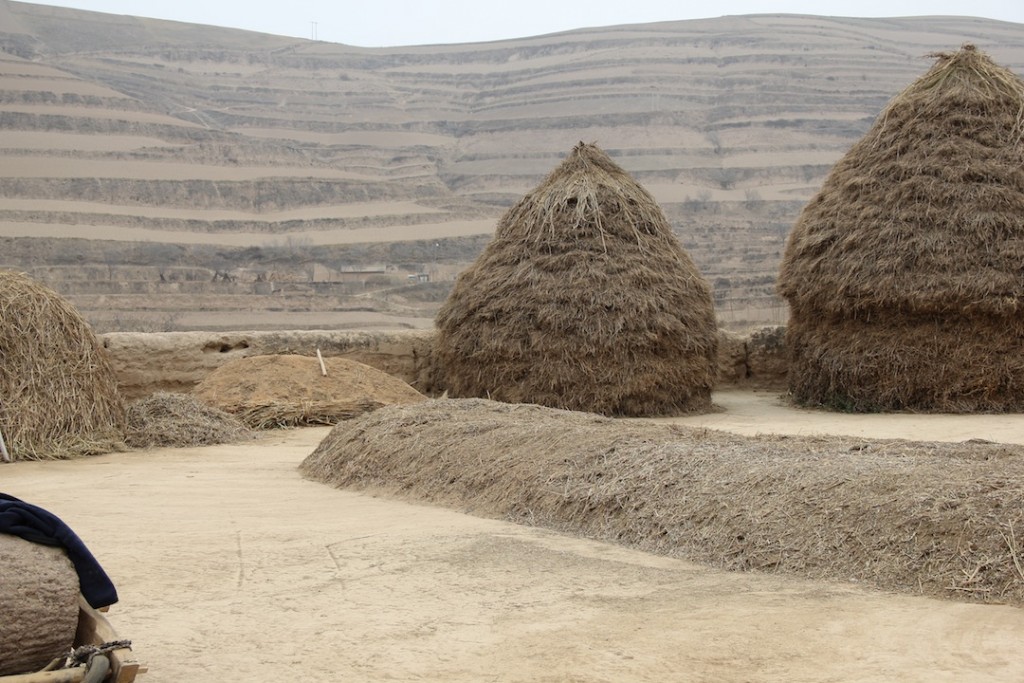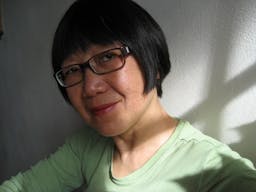The other China first hand
Jan 21, 2015
Story


Too ofter, the media presents China as just another eastern version of the sexy glitzy industrialized west. This is an excerpt from my blog recorded on my production trip of "Rise of the Phoenix" documentary last November. For more information about my project, I invite you to visit http://riseofphoenixdoc.wordpress.com/
The landscape is hauntingly dismal in a beautiful way as winter sets in with the adobe villages nestling by the side of the mountains. It reminds me of landscapes in the deserts of Nevada and Arizona, or maybe even the badlands although I’ve never been there. The stepping effect of terracing against the mountains is very iconic, and some of them are covered by miles of plastic to protect them from erosion and conjured up mirages of glittering reflections. Because of the remoteness of the village, we stayed with Pu RuiXia’s parents who are peasants for generations. Privately, I wondered what I would have done if suddenly three strangers descended to ask for accommodation for a few days?
Surely we all know about the sexy industrialized China on the coast; then there is the other China that seldom merits a blip in the media. For four days, we have a taste of where water has to be fetched from the well outside the compound and personal hygiene is done where one’s with nature. In fact water is such a precious commodity, I was hesitant to ask for it to wash my hands and face. Of course a shower is out of the question. I wore the same clothes for four days just because it’s simply useless to change them. By day two, they were fumigated with a scent of donkey dung and brush— which was used as fuel to heat up the “kang,” communal bed in the room where all the eating and sleeping activities take place. The odor is not offensive, just a little smoky and musky and lingers on as a reminder.
The west can really learn a thing or two of what it means to be “green” here. Nothing goes to waste. Everything is recycled. Just as an example, the ceiling of the living room is decorated with golden cigarette wrappers, not an inch uncovered and made a very pleasant pattern. The compound is built around a courtyard with adobe rooms around it. The adobe walls keep them cool in summer and warm in winter. Each room has a specific function as living space, storage, cooking, sleeping and is heated by natural fuel under a kang bed. No glass for windows, just a panel of rice paper. The pot belly stove in the living room is always on with a kettle for hot water for tea. RuiXia’s parents were so generous that they gave up their kang for us and provided us room and board for two full days. They offered up simple foods of cured meat, preserved vegetables, beans and potatoes cooked in a variety of ways. Nothing fancy, but from the heart and toiled with their own hands. However they do have a hand-crank pasta machine, probably the only one in the village, to make fresh noodles.
I now truly understand what it means by “Blessed are the meek, for they shall inherit the earth”— when someone offers up all they have, what more can you ask for?




